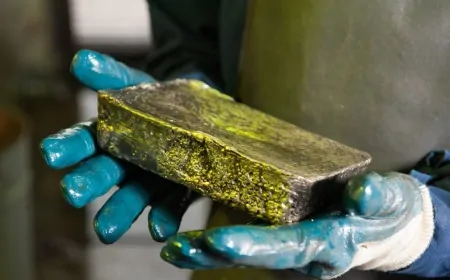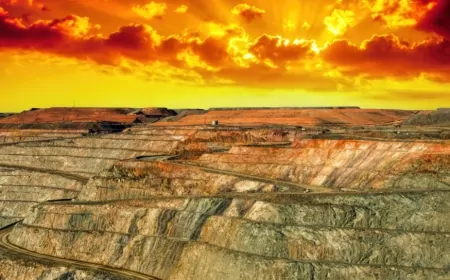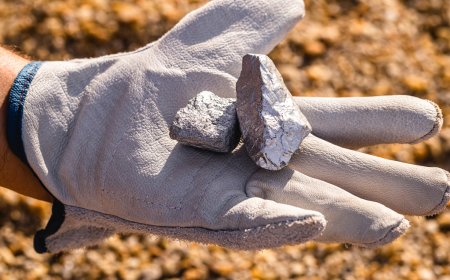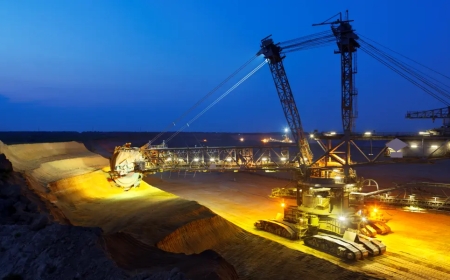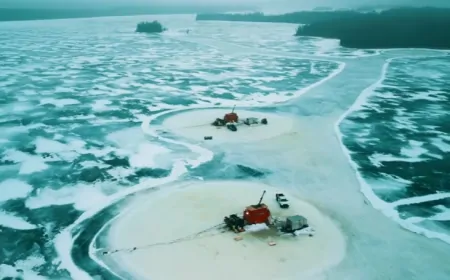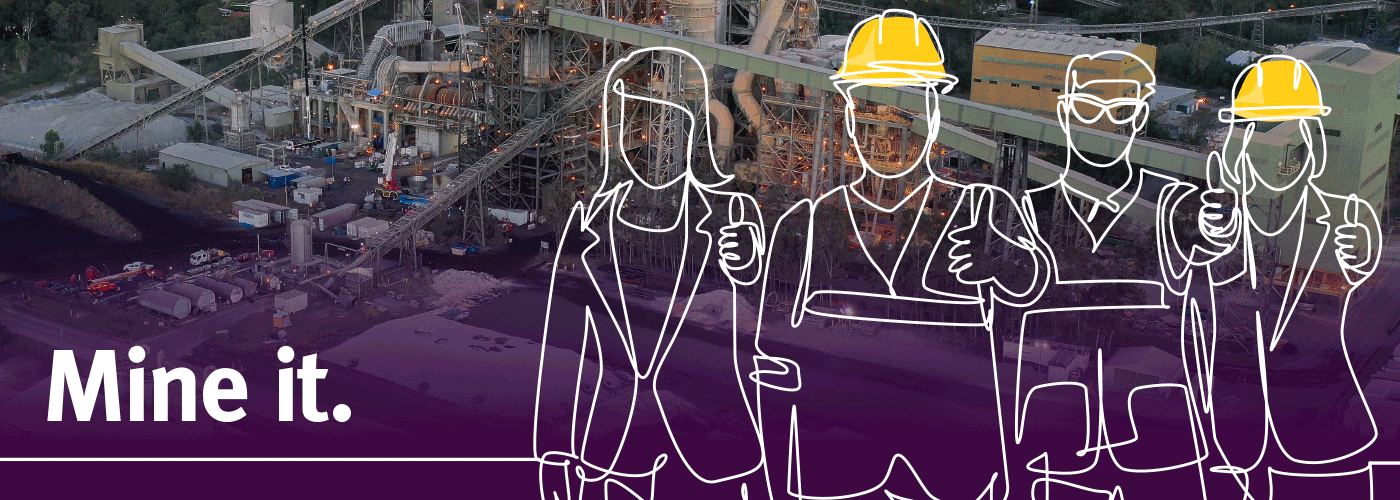Barrick says no forced evictions at North Mara mine in Tanzania
A report by MiningWatch Canada accused the miner of human rights violations
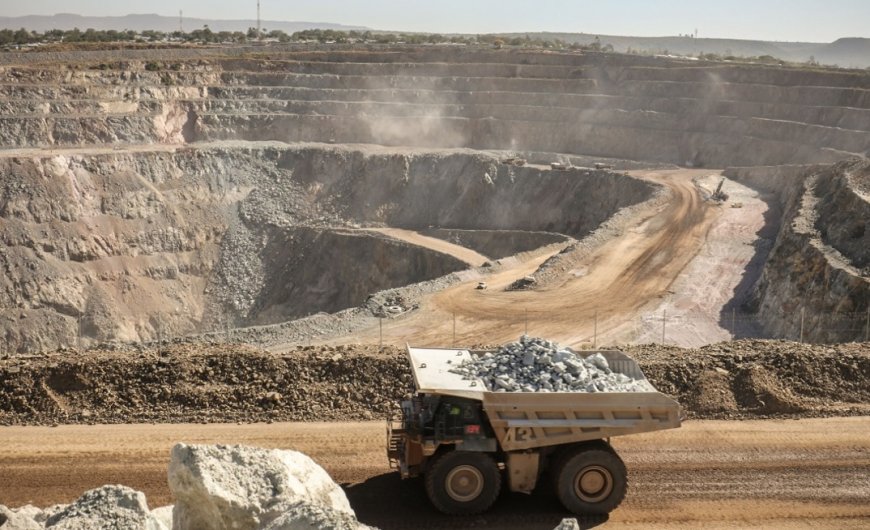
MiningWatch Canada released a report on Tuesday alleging human rights violations at Barrick Gold's North Mara gold mine in Tanzania. According to MiningWatch, thousands of Indigenous Kuria people have been forcibly evicted from their homes as recently as September of this year to make room for the mine's expansion.
Barrick said in a statement on Tuesday that it was aware of the report and that the allegations were incorrect.
"Barrick refutes this report, which merely recycles unsubstantiated claims from Mining Watch Canada's report published in October 2022," the Canadian miner said.
In October 2022, MiningWatch Canada published a report alleging high levels of violence against the Kuria people after Barrick's takeover of North Mara in 2019.
YOU MIGHT ALSO LIKE
- Barrick responds to subsidiary's US$1.2M annual payments
- Barrick refutes North Mara human rights allegations
- Barrick cites progress as it releases human rights report
The most recent MiningWatch report describes how, between mid-2020 and September 2023, the Kuria people from the Komarera and Kewanja villages were forced to evict homes and land to make way for the mine expansion.
The NGO met with affected villagers in 2022 and October 2023 and recounted how the eviction process and insufficient compensation resulted in homelessness, landlessness, loss of food security, and negative health effects. Additionally, according to MiningWatch, there was a lack of consultation, information, and consent.
"The eviction process has been intimidating, coercive and sometimes violent and did not conform to human rights norms, nor to internationally-recognised voluntary standards," Catherine Coumans, author of the report, said. "Villagers were prohibited from using their land to feed and support themselves long before they received any compensation. When the bulldozers came to destroy their homes, they had nowhere to go."
Barrick recounted that North Mara followed a "land compensation process that was agreed upon by local and national government, the Chief Valuer, and Village Chairpersons" and that there were no forced evictions, there was an independent valuation process, fair compensation was provided, and that the resettlement process is regularly audited and inspected.
Fair compensation
Kuria villagers said they did not understand what they were signing and claimed they were not fairly compensated, with insufficient funds to move elsewhere and rebuild their lives.
A report from Tanzania's Ministry of Lands, Housing and Human Settlements Development around 652 acres of land were to be cleared for the expansion, noting a rate of 5 million Tanzanian shillings per acre as compensation - which is low, according to MiningWatch. However, the NGO said that total compensation paid for land, crops, and buildings adds to around 408 million shillings, while the land alone, according to the ministry, should be worth over 3 billion shillings.
"All land that has been acquired was subject to compensation agreements and no relocation took place without the Project Affected Person (PAP) agreeing to and signing the agreement," Barrick said in its statement.
"The report fails to detail the considerable speculation - fraudulent activities - undertaken by certain PAPs during this process," Barrick added. "Speculators use various means to develop areas through infrastructure development or crop planting, after a moratorium has been established and are thus illegal. This speculation is often funded by exploitive individuals who take a large portion of any compensation that may be offered to a landowner or tenant. Barrick refuses to pay compensation to speculators who are not legally entitled to compensation."
In May 2020, local authorities granted a moratorium to the North Mara mine, preventing villagers from carrying out any development on their land. According to MiningWatch, the Kuria villagers were told that they may not receive compensation if they ignored the moratorium.
Villagers told MiningWatch that the moratorium included the sowing and harvesting of crops, on which they rely for food and income. One villager said they first heard of the relocation in 2020 and were not told to use their land anymore but weren't told the amount of compensation until 2022. In the meantime, they had started farming on someone else's land to make ends meet and borrowed money to buy food for their family. Another villager said that after the evaluation, they were stopped from farming their lands.
"Later, they came and chopped down all the trees, before we were even called to the village office for payment," they said. "The whole year when we were stopped from cultivating the land, we would go looking for cheap labour work and, with the money, we would buy food for the children."
"I have no land for farming anymore," a third Kuria said. "We are now starving. No food at all."
Coumans said Barrick's denying of the allegations "perpetuated the harm the evicted families are enduring".
"These families urgently need humanitarian aid and a long-term, right-compatible resettlement," she added. "Denial also puts other Kuria at risk as the mine continues to expand."
North Mara issues
It's not the first time the North Mara mine has faced criticism around its human rights practices. Currently, there are two lawsuits in UK and Canadian courts, alleging the mine's security and police injured and killed people.
An earlier case against Barrick's then-subsidiary African Barrick Gold, holding the company liable for the deaths and injuries of Tanzanian villagers who clashed with police at North Mara in 2011, was settled out of court in 2015.
In September, it was revealed that Acacia, Barrick's former subsidiary, was paying as much as US$1.2 million annually to dozens of civil servants who are part of the Tanzanian national law-enforcement task force.
In 2021, Barrick released a human rights report on the mine, saying that since it took control in 2019, it has implemented "major changes" and that "no new security-related human rights incidents were raised" in those two years.
In their latest report, MiningWatch Canada said that in addition to the evictions, it received information about new alleged victims of excess force used by mining police.
In a letter to Coumans in October 2022, Barrick's chief executive Mark Bristow said that "the positive change in the relationships" between North Mara and local communities is "tangible on the ground".
"This is supported by independent assessments and audits, undertaken at North Mara since September 2019, that have publicly commented on the significant improvement, particularly relating to environmental, social and security matters," Bristow wrote, adding that whilst Barrick is "the first to admit" that work is not complete, it does not recognise the allegations.
What's Your Reaction?








